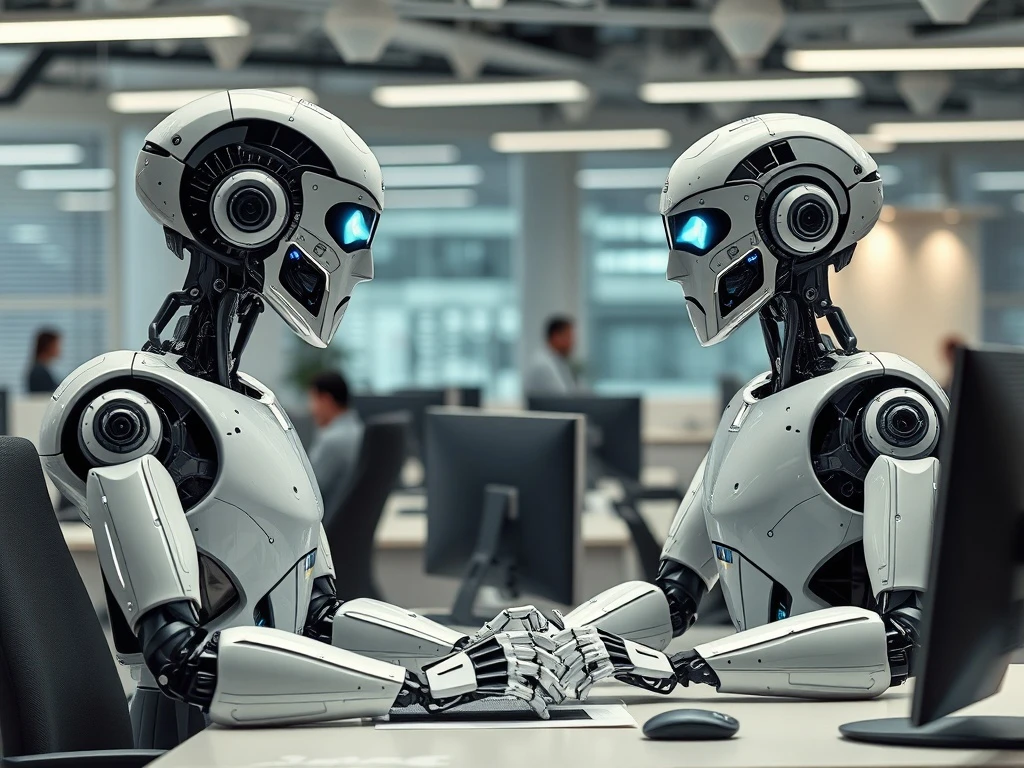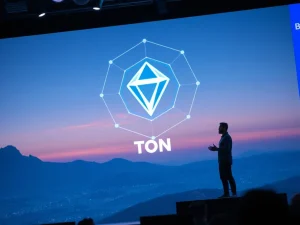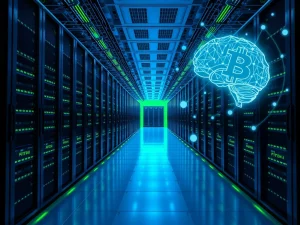Shocking Microsoft Study Reveals 40 Jobs Most Exposed to Generative AI Disruption

A groundbreaking Microsoft study has identified the 40 jobs most exposed to generative AI impact, sending shockwaves through industries worldwide. As AI continues to advance at a rapid pace, professionals across sectors are grappling with the reality of how this technology will reshape their careers.
Which Jobs Face the Highest Generative AI Impact?
The Microsoft study highlights that knowledge-based roles are particularly vulnerable to generative AI impact. The top professions at risk include:
- Translators and interpreters
- Writers and authors
- Historians and political scientists
- Customer service representatives
- Market research analysts
How Will AI Disruption Transform These Roles?
Contrary to popular fears, the Microsoft study suggests that AI will likely augment rather than replace most jobs. Key findings include:
- AI will handle repetitive tasks, freeing humans for complex work
- Productivity could increase by 30-40% in affected fields
- New hybrid roles combining human and AI skills will emerge
What Does the Future of Work Look Like With AI?
The Microsoft study paints a nuanced picture of AI’s role in the workplace:
| Least Affected Jobs | Most Affected Jobs |
|---|---|
| Water treatment operators | Technical writers |
| Dredge operators | Public relations specialists |
| Healthcare workers | Financial analysts |
How Can Professionals Prepare for AI Disruption?
The Microsoft study offers several actionable insights for workers facing generative AI impact:
- Develop complementary skills that AI can’t replicate
- Learn to work alongside AI tools
- Focus on creativity, emotional intelligence, and complex problem-solving
FAQs About the Microsoft AI Jobs Study
Q: Will AI completely replace human workers?
A: No, the Microsoft study suggests AI will primarily augment human work rather than replace it entirely.
Q: Which industries are safest from AI disruption?
A: Hands-on professions like healthcare, construction, and equipment operation show the lowest AI applicability.
Q: How accurate are these predictions about AI impact?
A: While not definitive, the Microsoft study provides a data-driven assessment based on current AI capabilities.
Q: Should students avoid careers with high AI exposure?
A: Not necessarily – these fields may evolve rather than disappear, creating new opportunities.








